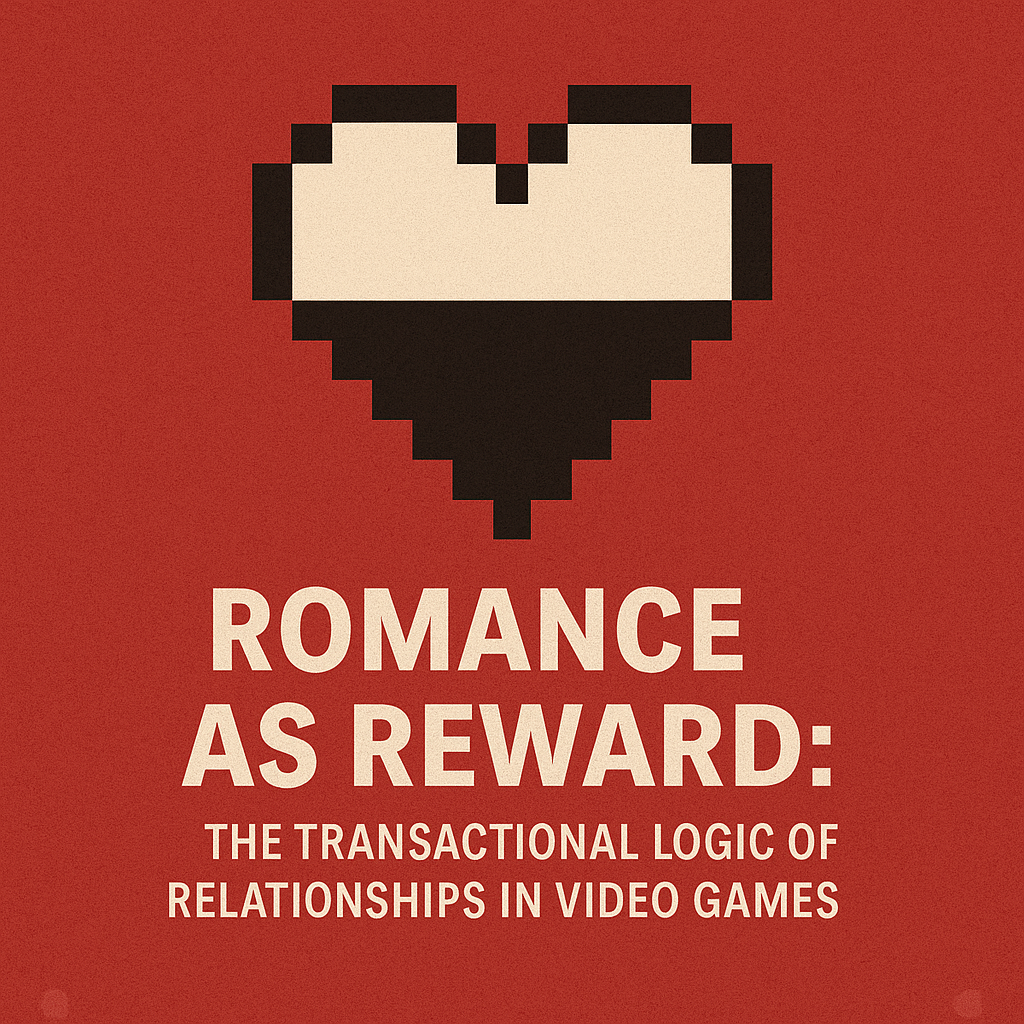Psychology of Default Shaming in Online Games
Online multiplayer games like Fortnite have revolutionized the gaming landscape, creating dynamic virtual environments where players interact, compete, and collaborate. However, these platforms have also given rise to social phenomena such as "default shaming," where players who use default or basic in-game avatars and skins are mocked or ostracized by other players. This article explores the psychological underpinnings of default shaming, its impact on players, and strategies to mitigate its negative effects.
Understanding Default Shaming
Default shaming in gaming refers to the practice of ridiculing or marginalizing players who use the default appearance options provided by the game, often because they have not purchased or unlocked more prestigious or customized skins. This phenomenon is particularly prominent in free-to-play games like Fortnite, where the game's revenue model is heavily reliant on the sale of cosmetic items.
Social Identity Theory
Social identity theory, developed by Henri Tajfel and John Turner, suggests that individuals derive a sense of self-esteem and identity from their membership in social groups. In the context of gaming, customized skins and avatars can serve as status symbols that signify group membership and social standing within the game community. Players with rare or expensive skins may be perceived as more skilled, experienced, or affluent, enhancing their social identity within the game.
In-Group and Out-Group Dynamics
According to social identity theory, the categorization of players into in-groups (those with customized skins) and out-groups (those with default skins) can lead to favoritism towards in-group members and discrimination against out-group members. This dynamic fosters an environment where default shaming can thrive. Players with default skins may be excluded from group activities or subjected to derogatory comments, reinforcing their out-group status and perpetuating the cycle of shaming.
Psychological Impact of Default Shaming
Default shaming can have significant psychological effects on players, particularly younger individuals who may be more vulnerable to social pressure and bullying.
Self-Esteem and Self-Worth
Research indicates that social rejection and bullying can negatively impact self-esteem and self-worth. In the context of gaming, being shamed for using a default skin can lead to feelings of inadequacy and social isolation. A study by Przybylski and Weinstein (2017) found that online gaming experiences, including negative social interactions, can affect players' self-esteem and emotional well-being.
Social Comparison
Social comparison theory, proposed by Leon Festinger, posits that individuals evaluate their own worth based on comparisons with others. Default shaming exacerbates negative social comparisons, as players with default skins may perceive themselves as inferior to those with customized skins. Players who constantly compare themselves to others with more prestigious skins may experience increased anxiety, depression, and dissatisfaction with their gaming experience.
Mitigating the Effects of Default Shaming
Addressing default shaming requires a multifaceted approach involving game developers, players, and the broader gaming community.
Game Design Interventions
Game developers can implement design features that reduce the emphasis on cosmetic items as status symbols. This can include offering more accessible customization options and promoting the value of default skins. Developers could introduce rotating free skins or reward systems that allow players to earn cosmetic items through gameplay achievements rather than monetary purchases.
Community Guidelines and Moderation
Enforcing community guidelines that prohibit bullying and harassment, including default shaming, is crucial. Active moderation and reporting systems can help maintain a positive gaming environment. Developers could strengthen its moderation policies and encourage players to report instances of default shaming, ensuring swift action against offenders.
Promoting Inclusivity and Positive Social Norms
Fostering a culture of inclusivity and respect within the gaming community can mitigate default shaming. Prominent players and influencers can play a key role in setting positive examples and promoting inclusive behaviors. Influencers and content creators can use their platforms to advocate against default shaming and highlight the importance of valuing players for their skills and contributions rather than their cosmetic appearances.
Simply Put
Default shaming in games like Fortnite is a complex social phenomenon rooted in social identity theory and in-group/out-group dynamics. Its psychological impact on players, particularly in terms of self-esteem and social comparison, can be profound. Addressing this issue requires concerted efforts from game developers, community moderators, and players to promote inclusivity and reduce the emphasis on cosmetic items as status symbols. By understanding and mitigating the effects of default shaming, the gaming community can create a more welcoming and supportive environment for all players.
By integrating these strategies, the gaming community can move towards a more inclusive and respectful environment, reducing the negative impacts of default shaming and enhancing the overall gaming experience for all players.








Discover how video game economies like EVE Online mirror real-world finance, influencing players' views on money, trade, and ethics. Learn about the psychological and societal effects of virtual economies, from financial literacy to ethical challenges and future societal norms.